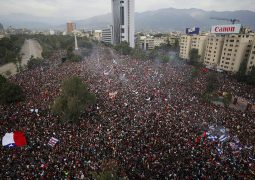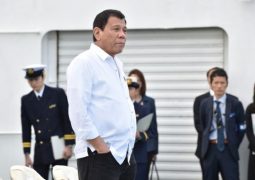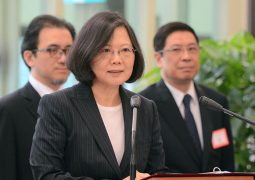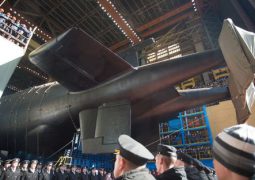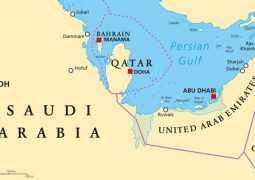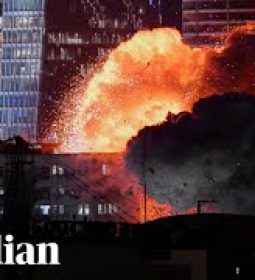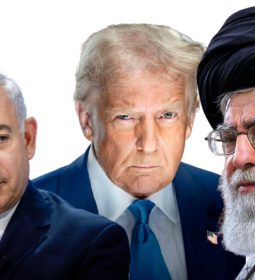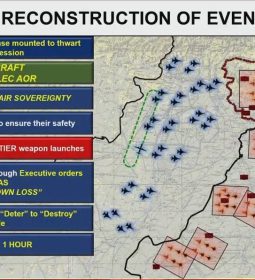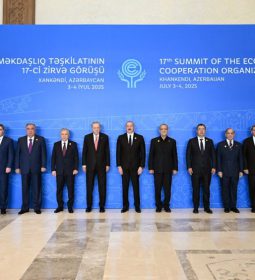BRI geopolitics, Taiwan, the South China Sea, Huawei, Iran, North Korea, THAAD in Asia Pacific and Trade: What next? Sino-American ties being torn down brick by brick
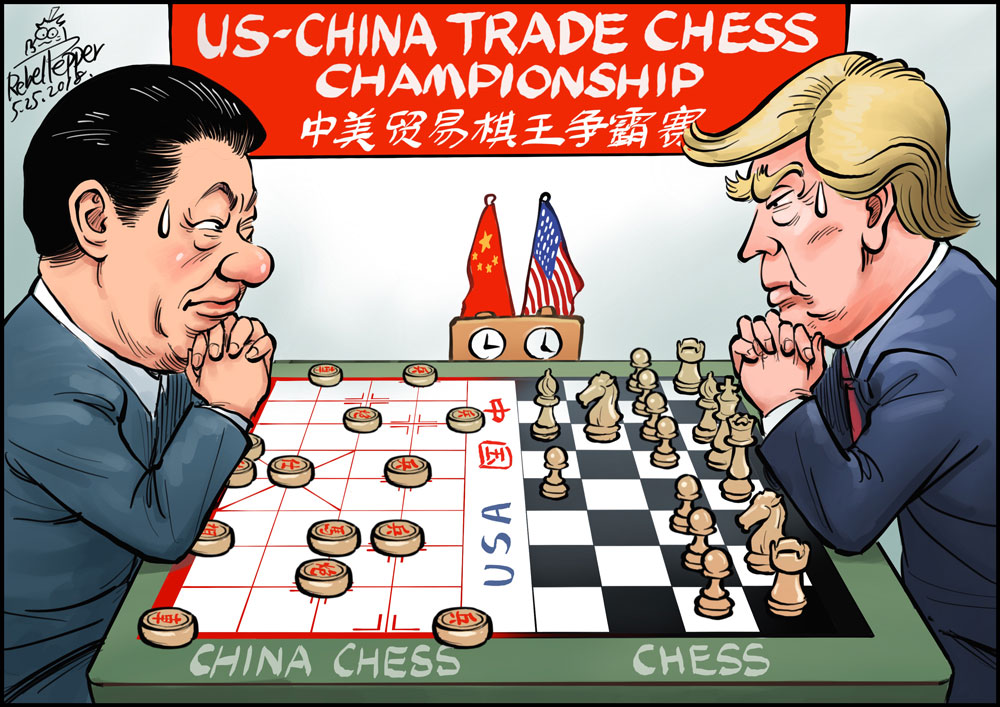
They have been dismantling the old US Embassy in Beijing.
Its diplomats moved to a vast complex on the other side of town years ago. But last week – of all weeks – Chinese workmen finally began tearing down the old building.
It is happening brick by brick and seems like a fitting metaphor for the state of Sino-US ties. Amid the ongoing trade war, the relationship is bad and it is going to stay bad for a long time.
The dispute is a symptom of wider friction between the world’s two leading economies: Taiwan, the South China Sea, Huawei, Iran … Honestly, the list is endless.
It is a new Cold War with trade at its core.
Last week, the US barred China Mobile – the country’s largest mobile provider – over espionage concerns – the same reason it gave for blocking Huawei, another Chinese telecommunications giant.

More staggering, perhaps, is the steep drop in Chinese investment in the US – down more than 90 percent since the tariff war began more than 10 months ago.
It has been hard to gauge the effect of it all on Chinese consumers. In Beijing’s busy Dahuangzhuang market last week most shoppers shrugged their shoulders when asked how the dispute was affecting them.
But what has changed for some is the way they think about the US.
“It is the Americans’ usual practice to bully others. The hegemonist countries always do this,” one man said.
Another was more forthright: “The government is being very weak now. But I think it is a deliberate strategy that we make concessions for future economic development. When we get strong enough, though, America should not even think about bombing us.”
The bombing he is referring to happened 20 years ago when US missiles struck China’s Belgrade Embassy during Nato’s bombardment in Yugoslavia.

Three Chinese journalists were killed. NATO called it an accident. China called it an act of war – and still does.
Fragile economy
This is a year filled with politically and emotionally charged anniversaries in China. The most important one falls on October 1 – when it will be 70 years since the founding of the People’s Republic.
So this is a year when President Xi has to appear strong, especially over trade.
For Xi, the trade war is just one more concern in a critical year, analyst Dan Wang of the Economist Intelligence Unit told Al Jazeera.
“The economic expectation is that the economy is going to be very weak. There are financial risks arising and the housing market is not particularly strong either. So what we are looking at is a fragile economy and a very difficult situation from the outside,” Wang said.
This could be why China suddenly appeared to harden its negotiating stance in the days leading up to the latest round of talks.
Analysts say Xi felt his negotiators, led by Vice Premier Liu He, had simply conceded too much in the previous rounds. He reportedly said, “I will be responsible for the consequences.”
Since these talks began, the exact details of what has been discussed have never been officially divulged. So we don’t know for sure where there has actually been progress. Media reports have been largely based on speculation and unsourced officials “with knowledge of the discussions”.
Talks ended on Friday again without an agreement. If the negotiations continue, then that could just be enough to stabilise China’s jittery stock markets, which last week suffered their worst fall in more than three years. If not, it could turn ugly again for investors.
It was, remember, supposed to be the week when champagne corks popped as the US and Chinese officials signed their elusive trade deal. But last Sunday, President Trump detonated an “art of the deal” hand grenade, just as he did overNorth Korea in Hanoi in February.

He tweeted the talks were, in fact, going too slowly, vowing to more than double tariffs on $200bn worth of Chinese goods. By Friday morning, there was a grim realisation among China’s leaders that a full-blown trade war with the US was now about to become a reality.
- Previous Iran may face conditions harder than 1980s war with Iraq
- Next Summary: Peace prospects for Afghanistan: Do they exit? What we know so far




